The Bulgarian National Emigrant Volunteer Company 4093 was established on October 20, 1951, as part of the U.S. Armed Forces in West Germany. This was not an easy process, but it shows that there was a significant number of compatriots who disagreed with the governance and the repressions in Bulgaria after September 9, 1944. The vast majority of them were in various European capitals, as in Bulgaria they were declared non-returnees. As political emigrants, some of these Bulgarians united in two groups established in 1948- the Bulgarian National Committee headed by Dr. G.M. Dimitrov and the Bulgarian National Front, which was under the leadership of Ivan Dochev.
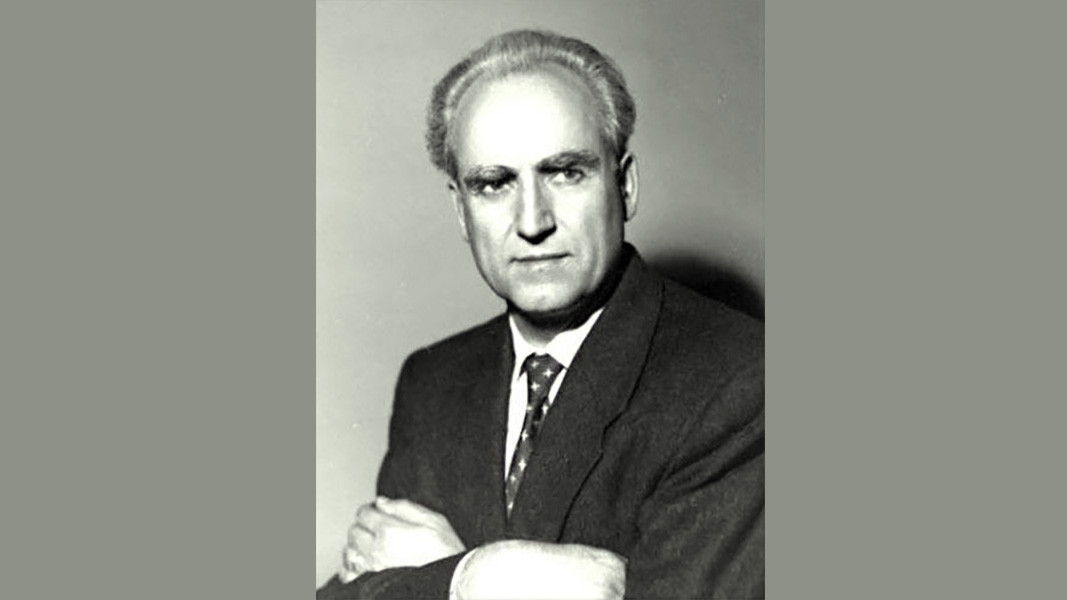
The American diplomacy chose to collaborate with the Bulgarian National Committee and contacted its Chairman, Georgi Mihov Dimitrov. They urged him to start creating national volunteer units, similar to those formed in various European countries by Russian, Czechoslovak, Estonian, Latvian and Lithuanian emigrants. The status of the participants was regulated by a special law passed by the U.S. Congress on June 30, 1950, allowing foreign citizens to serve in the United States Armed Forces. In 1951, the Congress earmarked USD 100 million for similar formations created by emigrants. In his study on the subject, historian Stoyan Nikolov from the "Georgi Rakovski" Military Academy explains:
''In September 1951, the first Bulgarian volunteers arrived at the barracks in the town of Zeilsheim, now a residential district of Frankfurt, and the unit was filled in the space of several months. They moved illegally from France to the barracks in the American occupation zone. All of them were required to fill out a questionnaire issued by the headquarters of the Northern Command of the Central American Army in West Germany to verify their political and military reliability. The Bulgarian National Volunteer Company 4093 was officially formed on October 20, 1951, by Order No. 53 issued by the Headquarters of the U.S. Military Command. It comprised 200 soldiers divided into four platoons of 40 men each and one ''Administration” platoon''.
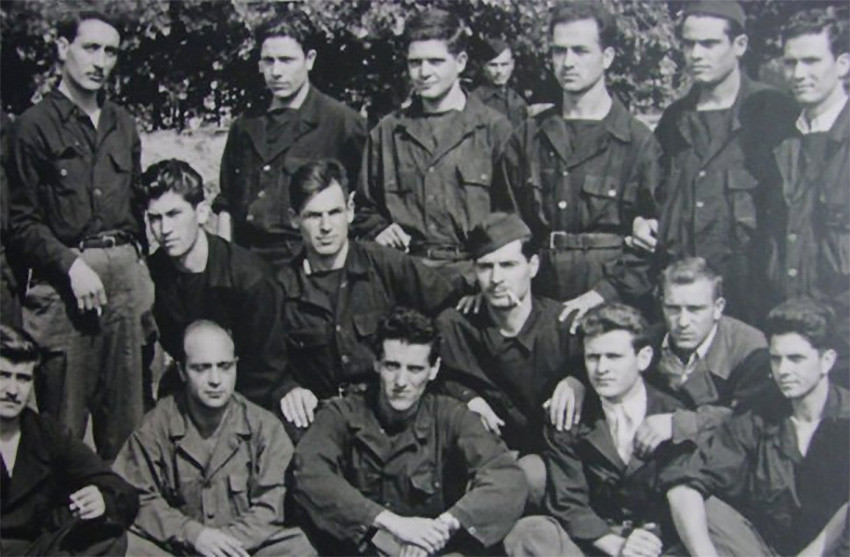
15 battalions comprising almost 25,000 people were formed following a decision by President Eisenhower on February 14, 1953. These ''labor companies'' were under the command of the American Armed Forces in Europe. They included nearly 5,000 Eastern Europeans who were tasked with assisting the US military in guard duty and logistics and, after three years of service, they were elegible to legally emigrate to the United States. These units were under the control of the American Armed Forces in Europe and had nothing to do with NATO military structures.
In April 1953, the unit was relocated from Zeilsheim to the nearby town of Eschborn near Frankfurt for a period of three months. Part of its tasks included patrolling in front of the headquarters of the American Armed Forces’ Northern Command and providing nighttime security for the residence of the military governor of the American occupation zone, General Lucius D. Clay. The unit also guarded the US Army’s radio transmitter, machines, chemical depots, etc.
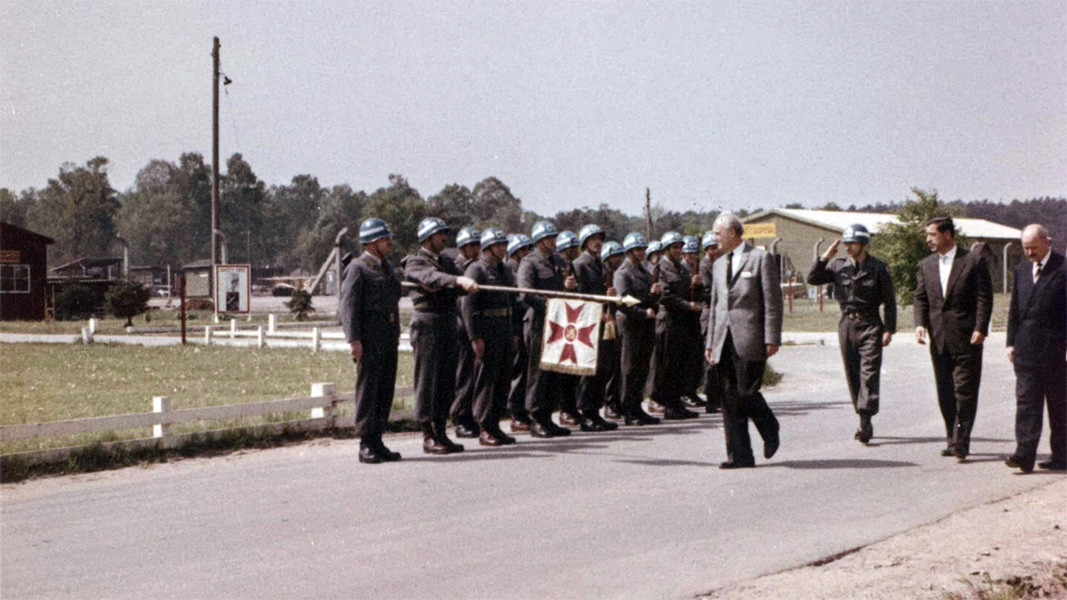
The activities of the company leaders did not go unnoticed by the Bulgarian authorities:
''The commanders of the unit were Stefan Boydev, Borislav Baychev and Dimitar Krastev – explains historian Stoyan Nikolov. – Like any former royal officers, they came under the pressure of the Fatherland Front government in Bulgaria. They were dealt with differently, but they were all thrown out of the army in their prime.''
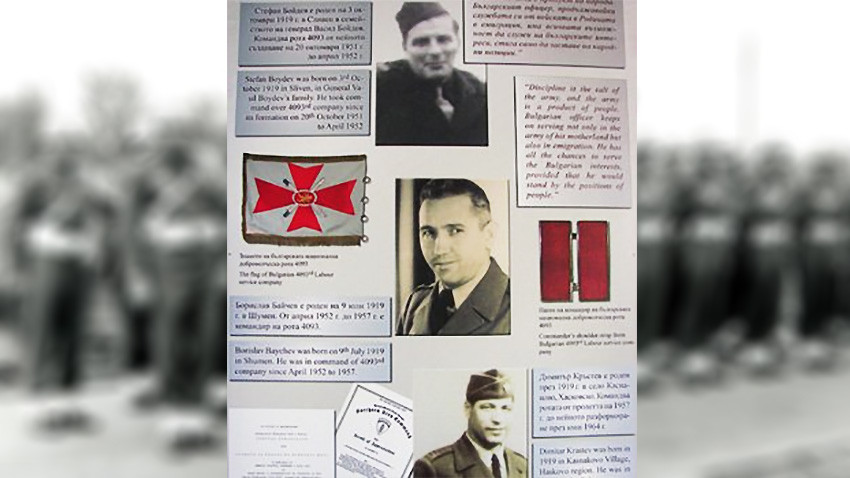
The Bulgarian State Security made several unsuccessful attempts to infiltrate its agents into the unit. Until its disbandment in 1964, the US Armed Forces reportedly spent around USD 150 million on the unit.
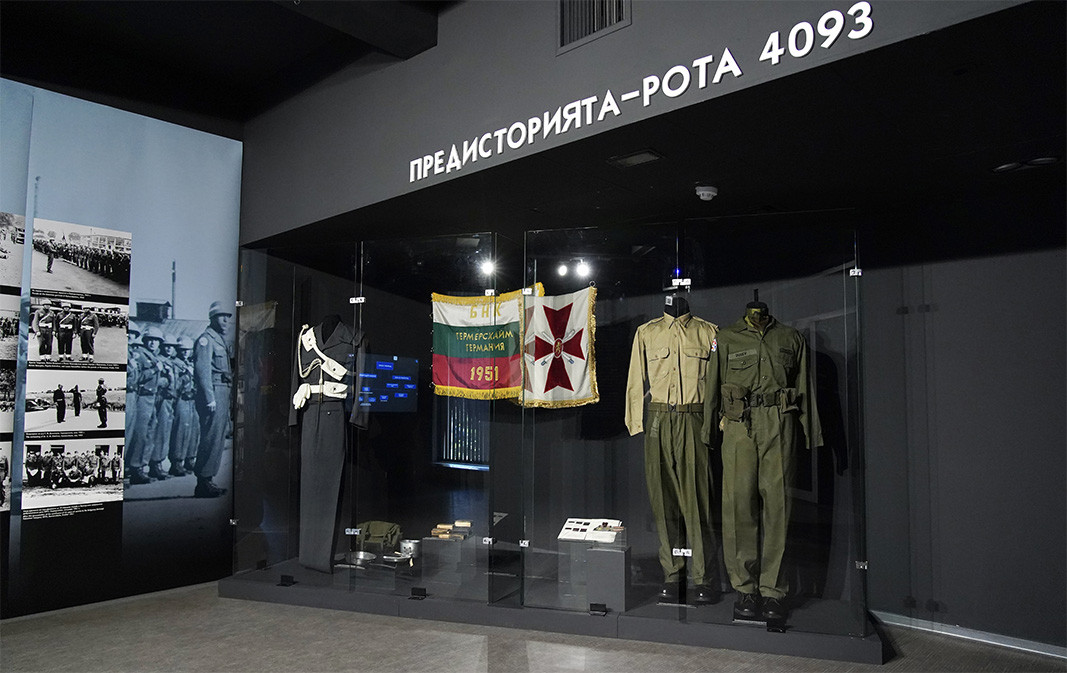
Published and translated by Kostadin Atanasov
Pipes from the end of the 17 th , the 18 th and the 19 th century and the tradition of growing tobacco in Bulgaria are presented in the newest exposition at the Museum of Archaeology in Burgas. “Pipes like this are to be found often on the..
In Bulgaria, when we talk about a person with bad luck, we often say: "Ah, what a Marko Totev!" But who exactly was Marko Totev, and how did his name become a byword for a person with ill fortune and a bad luck? "He was a Bulgarian public figure..
30 March marks the end of the most blessed time of the year, as Muslims call the month of Ramadan. This year it started on 1 March, and the most important obligation Muslims have during this 30-day period is to refrain from food, drink and temptation..
In 2025, the Catholic and Orthodox churches celebrate Easter on April 20. It is more joyful when we celebrate the Resurrection of Christ together...
On that day the Saviour hosted the traditional Passover meal for the Jewish people at the home of a Jerusalemite. Before the meal, as a sign of respect, He..
On Good Friday, the Church recalls the great sufferings of Jesus Christ, who accepted by His own will to be judged, scourged, spat upon, humiliated,..

+359 2 9336 661
